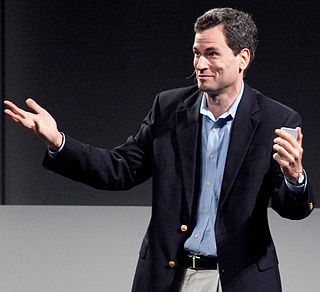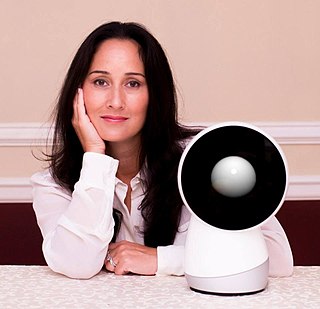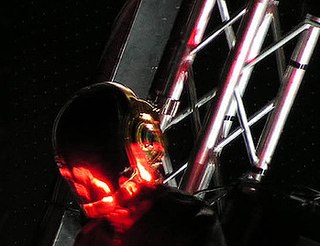A Quote by David Pogue
One day robots may even babysit our kids, a job that has always required a human touch.
Related Quotes
May God guide you on this path. May you understand that you are blessed children and you have a job to do. May you know in your heart that God belongs to you always, within and without. May your sorrows never touch your tomorrow, may your blessings be for all, may your happiness be shared, and may your smiles give hope to others.
Humans were still not only the cheapest robots around, but also, for many tasks, the only robots that could do the job. They were self-reproducing robots too. They showed up and worked generation after generation; give them 3000 calories a day and a few amenities, a little time off, and a strong jolt of fear, and you could work them at almost anything. Give them some ameliorative drugs and you had a working class, reified and coglike.
































